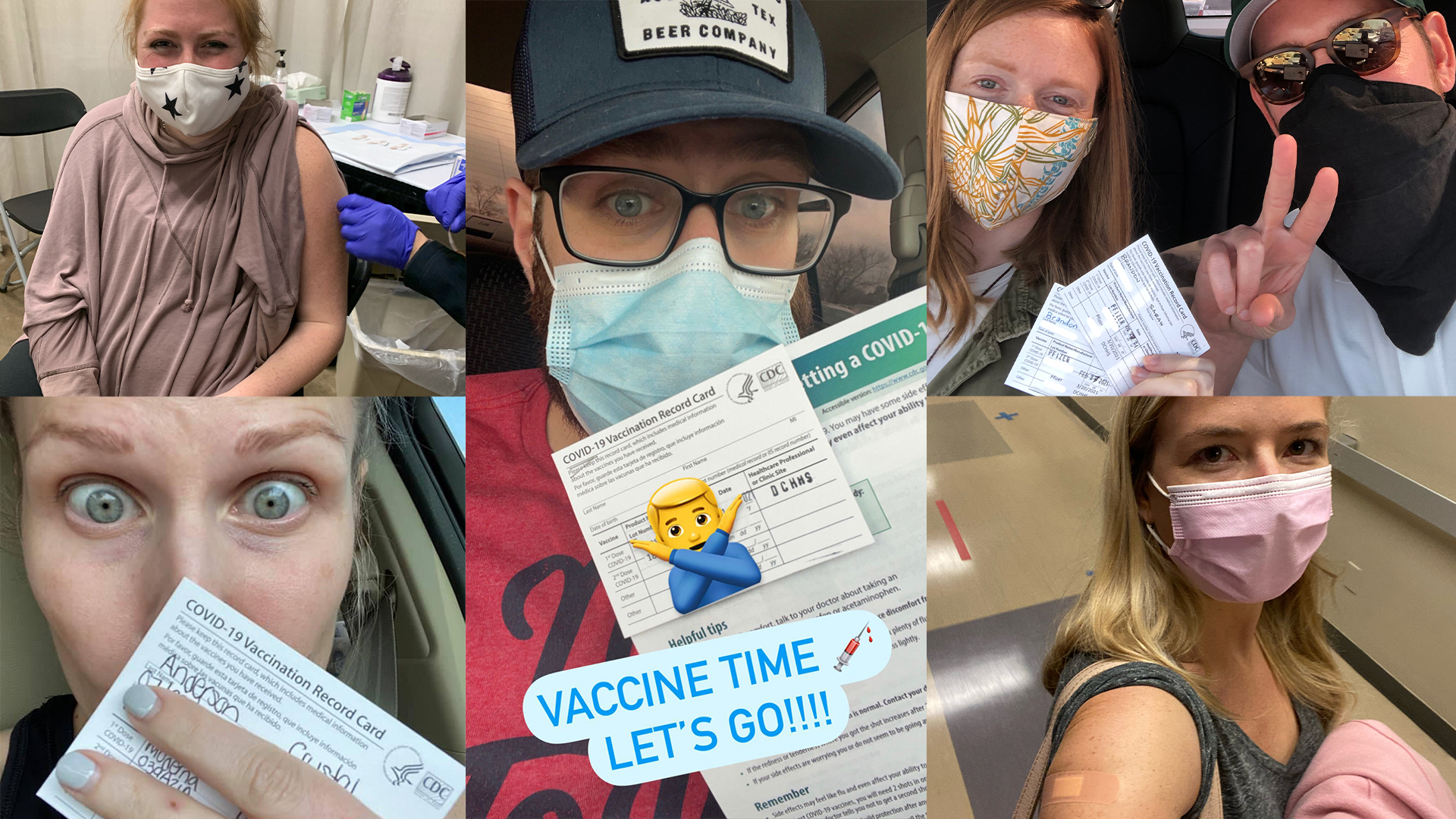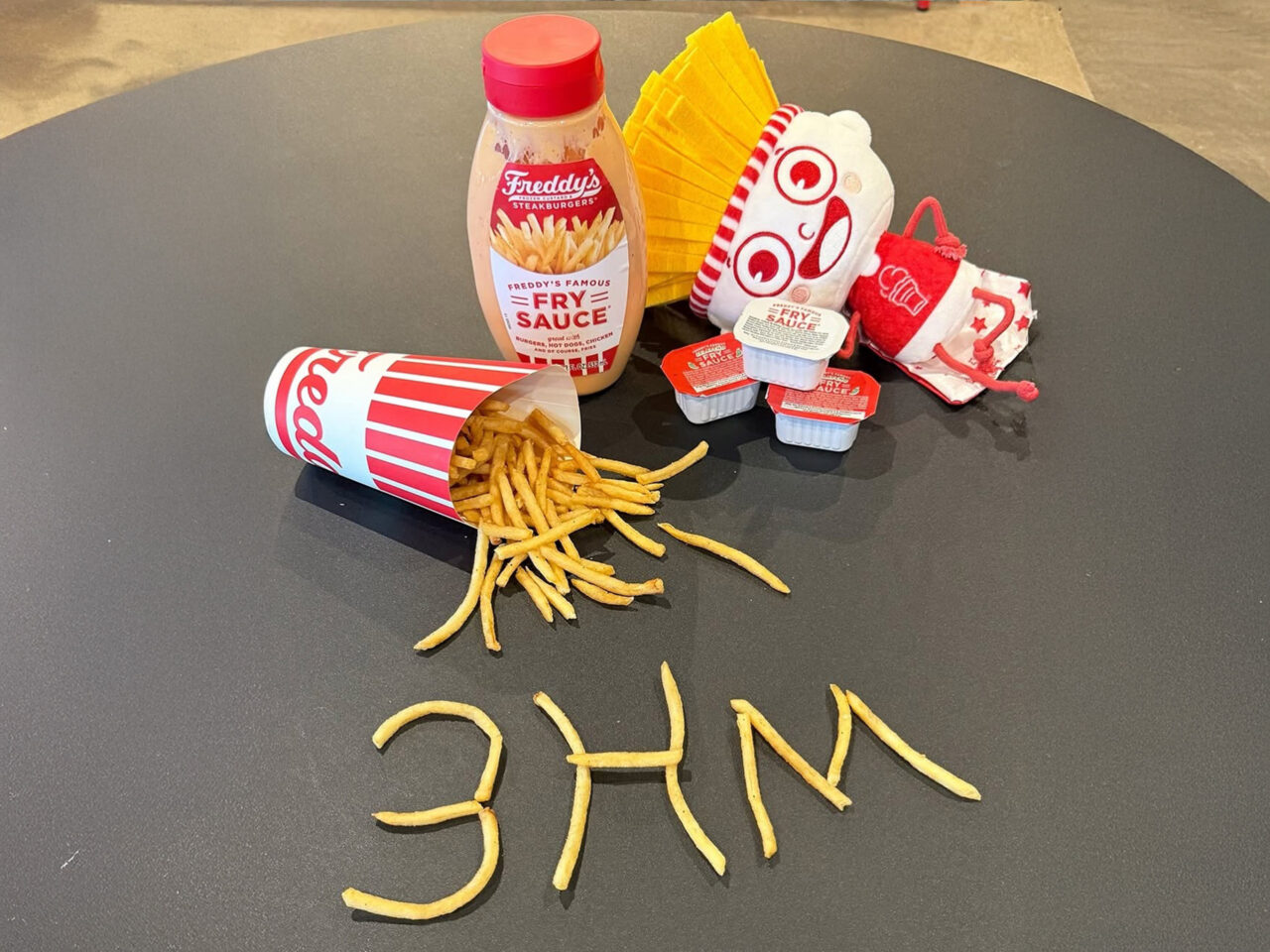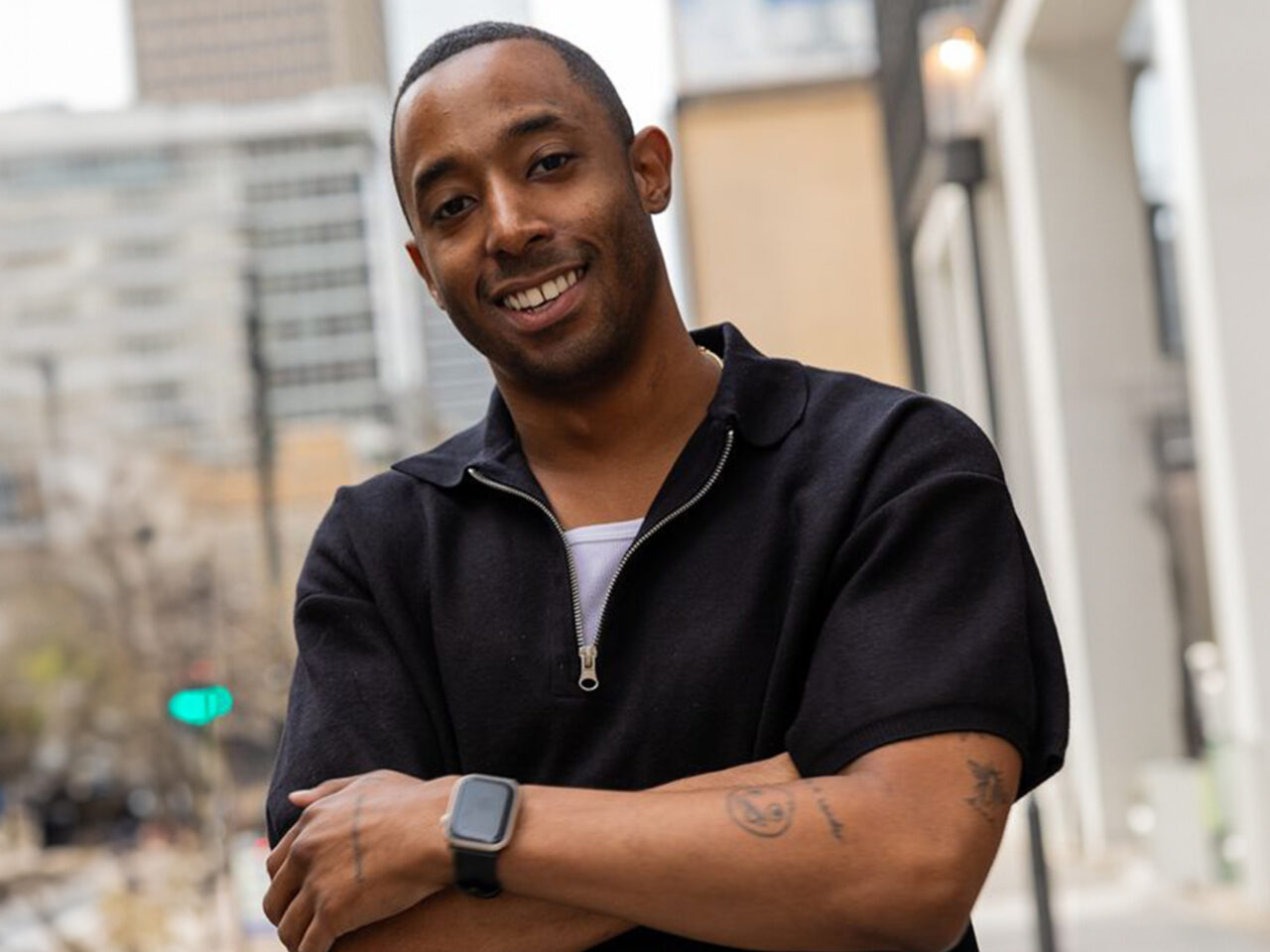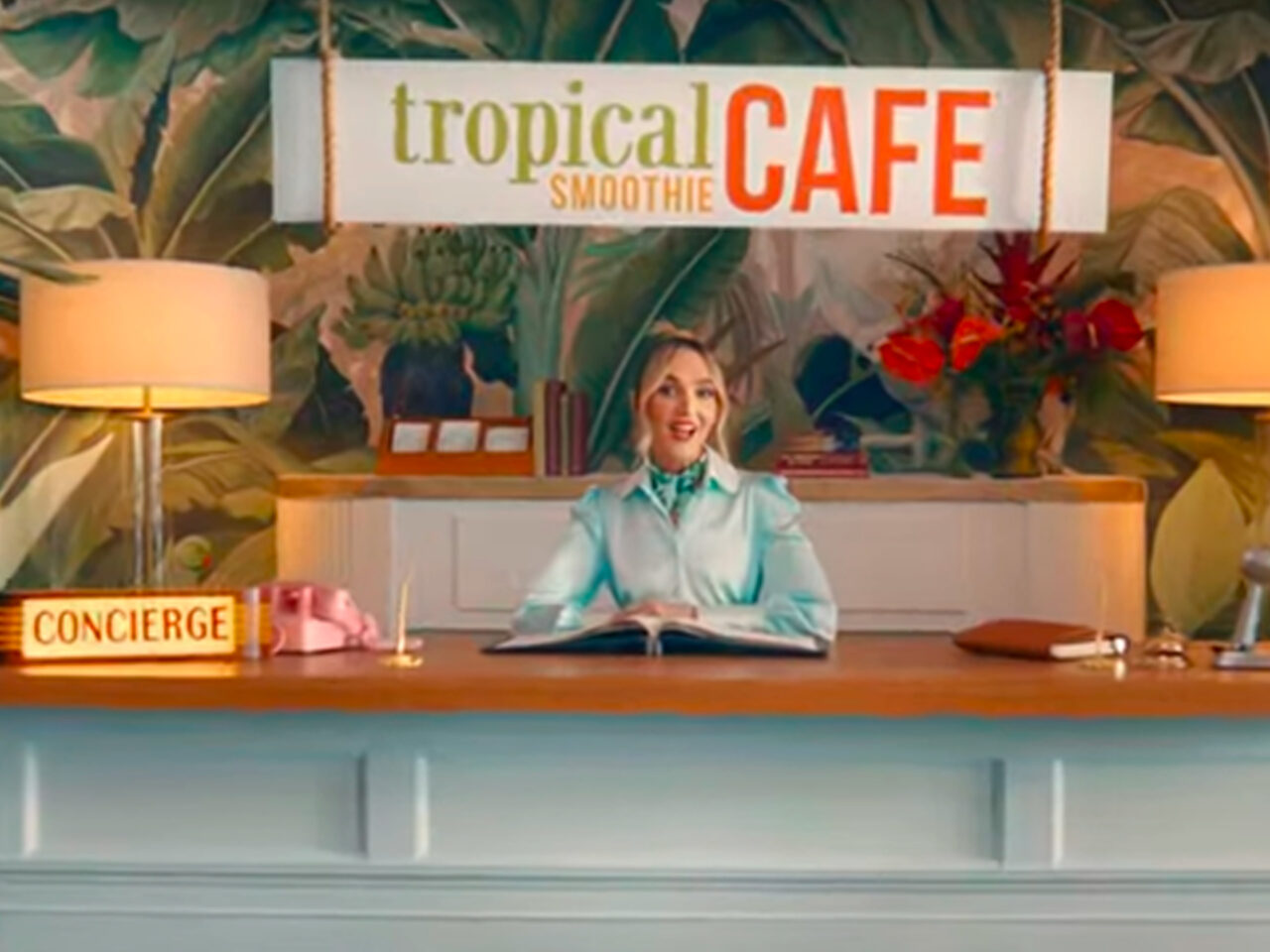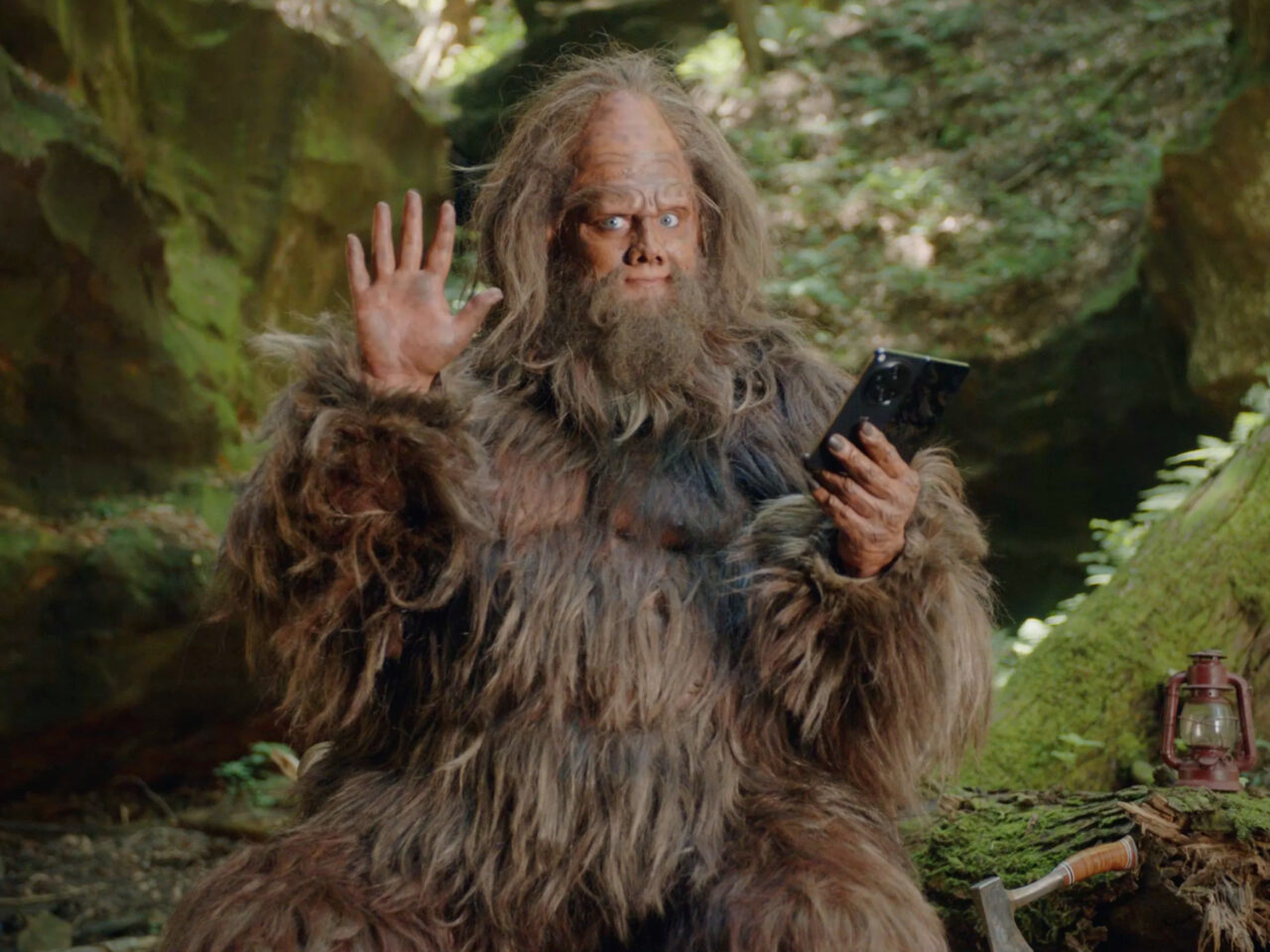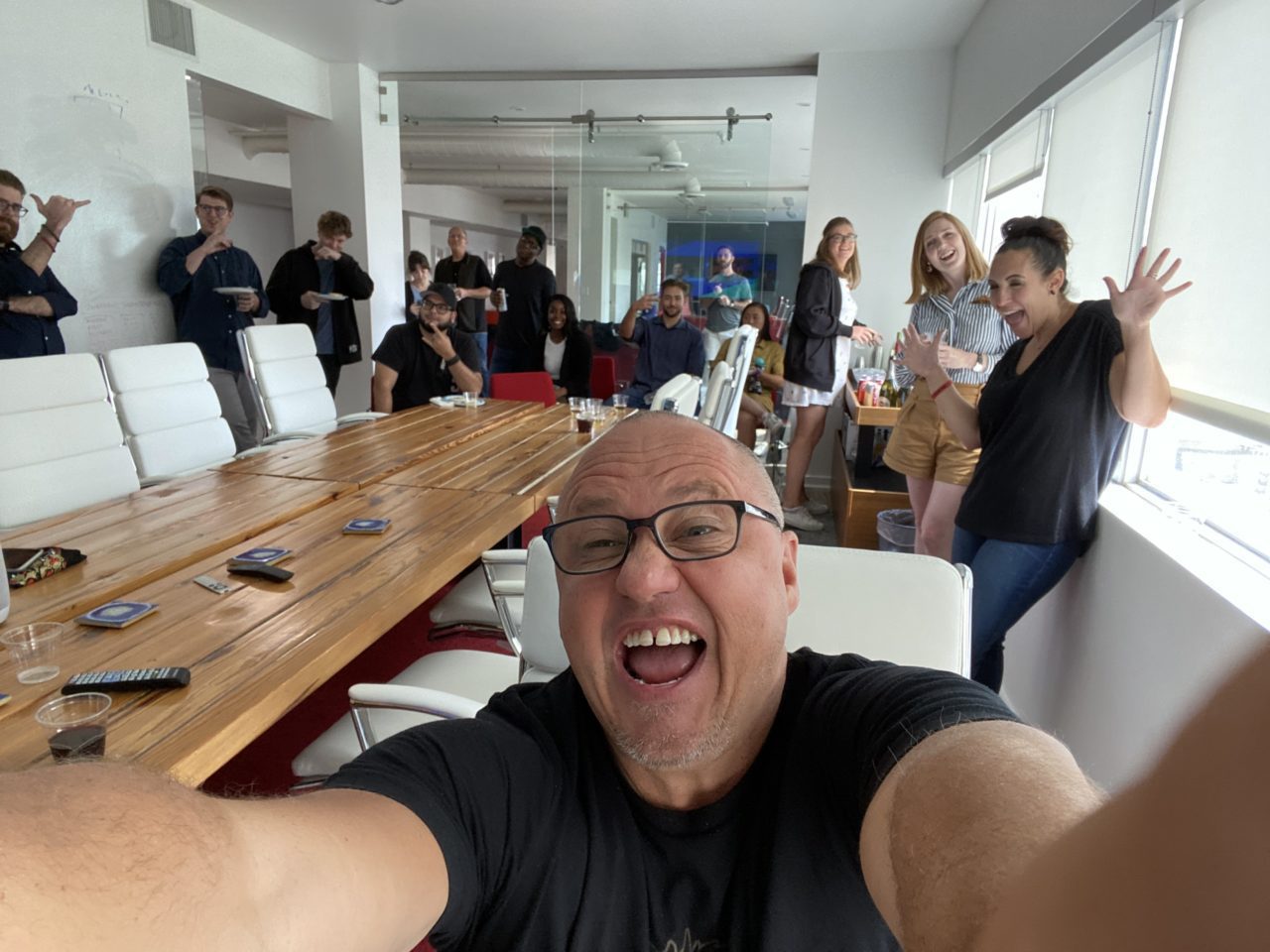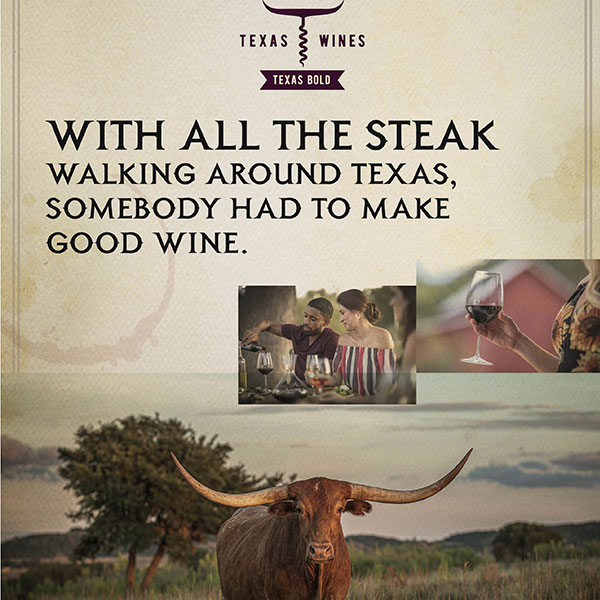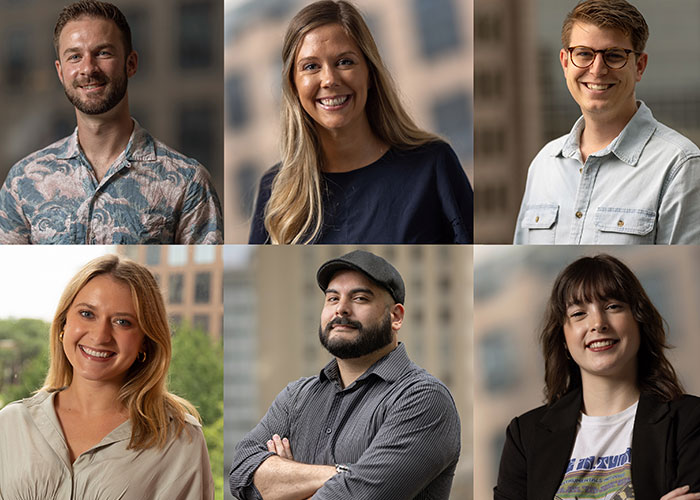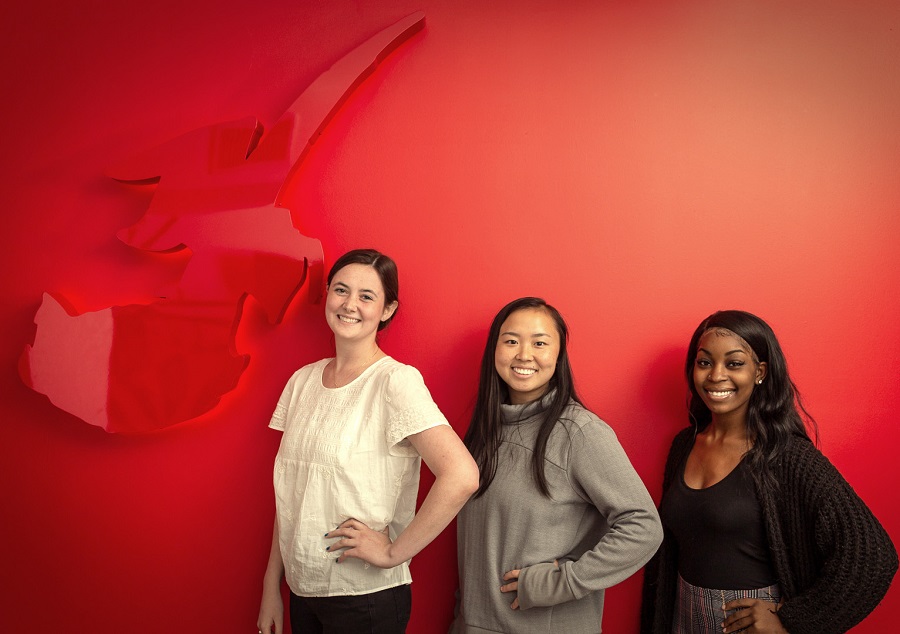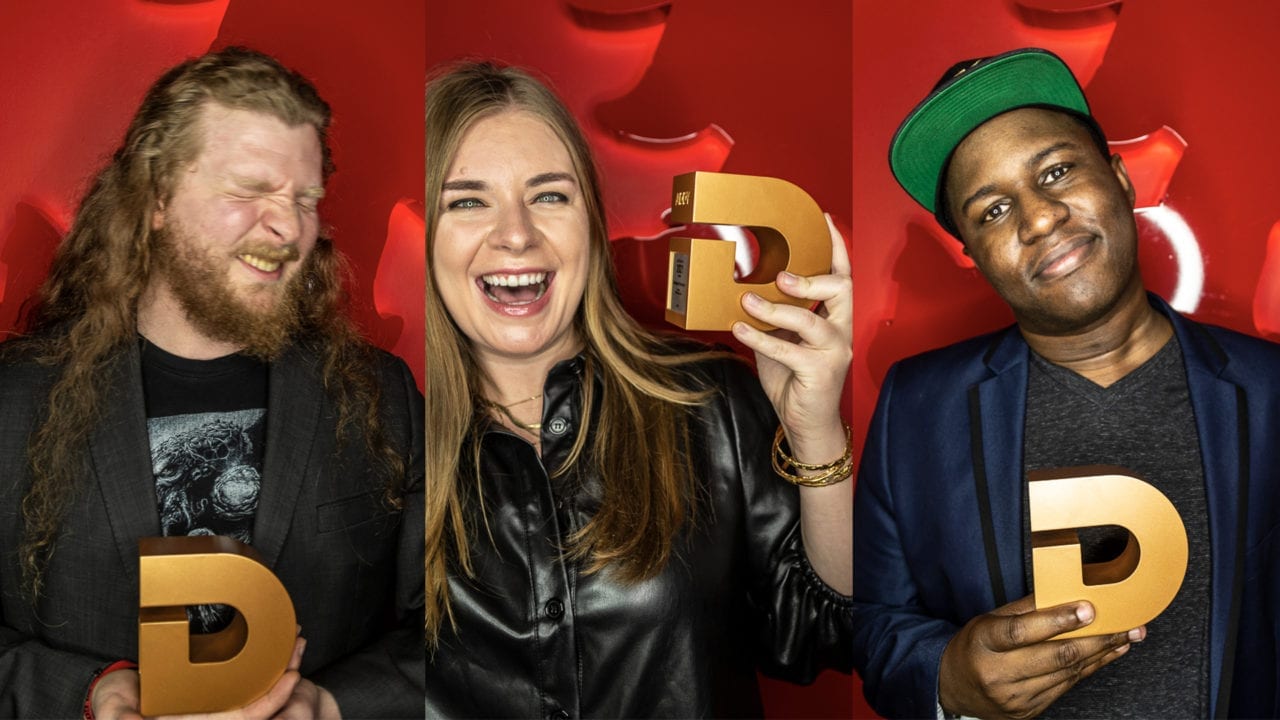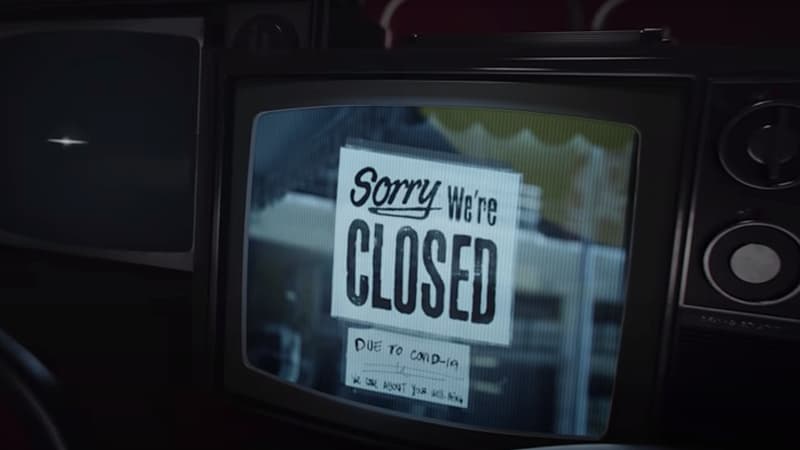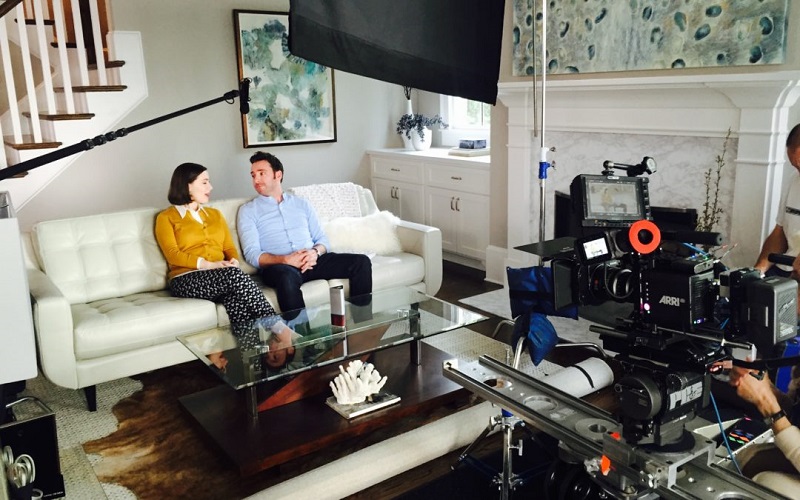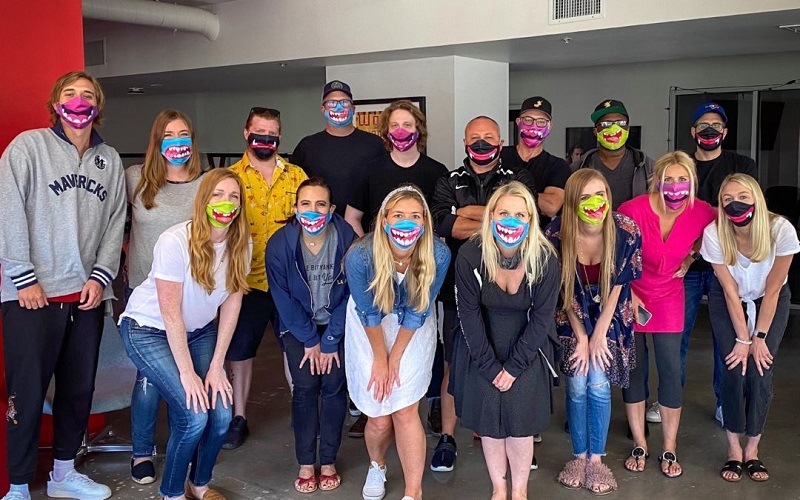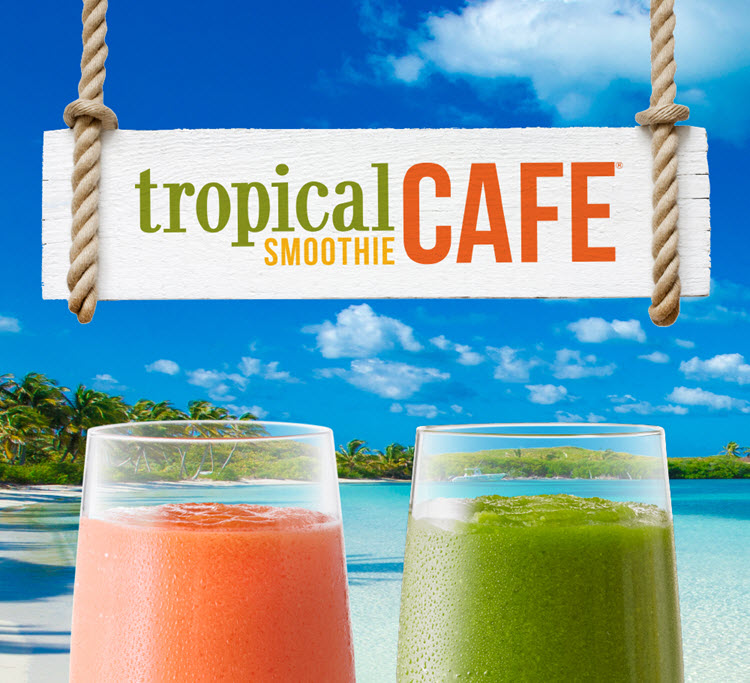As the COVID-19 vaccines become more available to people around the world, we inch closer to a life resembling its pre-pandemic form. For those eager to get together with friends, attend concerts and sporting events, travel and shed their masks, the increasing availability of COVID-19 vaccines is good news. However, we are not all of one mind. Not everyone is convinced that the vaccine is safe, effective or even necessary to combat the virus.
The Rise of Vaccine Advertising
A year ago, who would have dreamed one of America’s largest beer companies would create and run vaccine advertising to convince people to get a COVID-19 shot? But in 2021, it happened. Through the creation of commercial-quality video, just like that normally used for product intros or branding, companies are finding ways to make a difference while also building trust with the public (which is often wary of pharmaceutical companies) and earning goodwill. This not-so-subtle vaccine advertising combats vaccine misinformation, boosts public confidence, and legitimizes the idea of being vaccinated. Through humor, the message is sent that Samuel Adams: 1) has a sense of humor, 2) cares and 3) is making a gesture not just to sell beer but to promote public safety and health.
One way that the Ad Council, a nonprofit advertising organization, is helping get people vaccinated is the “It’s Up to You” campaign. These vaccination ads frame getting vaccinated in the context of individual responsibility. The message: It’s normal to have questions about the vaccine, but ultimately, it’s everyone’s responsibility to get the shot and save lives. These vaccination ads are part of one of the biggest strategic campaigns in American history and include TV, social media, billboards and print publications.
Marketing in a Pandemic
One of the biggest challenges that marketers face with vaccination ads is gaining the public’s trust. In February 2021, only half of the people under the age of 65 stated that they were certain they would get the vaccine. The reason most cited for their opposition is safety concerns.
People of color are especially wary of COVID-19 vaccinations, with only 57% of that demo saying they will get the vaccine. Considering the historical examples of African Americans being misled at the hands of the medical establishment (e.g., the Tuskegee Study, the case of Henrietta Lacks), this is not hard to understand.
Immigrants may decline the vaccine out of fear their legal status in the country will be scrutinized. Others not realizing there is no charge for the vaccine at present may decline based on financial concerns. Marketers are specifically targeting these communities with social media influencers and vaccination ads addressing the specific concerns of those who are especially uneasy about vaccines.
Use an Ambassador in Vaccination Ads
One method that the Centers for Disease Control (CDC) suggests to employers to encourage confidence in the vaccine is to nominate a “vaccine ambassador” within their company to tell other employees about their vaccination experiences and why they chose to get it. Other campaigns make similar efforts with students. For example, the state of Michigan tapped seven teenage students to be “vaccination student ambassadors” to share their experiences and encourage other kids to get the vaccine.
Similarly, the CDC and other organizations encourage individuals to share their stories through social media. This includes using the hashtag #WhyIVax.
At 3Headed Monster, employees who chose to get vaccinated were encouraged to share their experiences if they wished. Several chose to do so, giving the team various details such as the when and where of their appointments and the process they followed to sign up their experience with the injection and any aftereffects. This totally optional experience helped promote internal dialog among team members and had the potential to extend further to their friends and family as well.
Most Effective COVID-19 Vaccination Ads
Marketers know that not everyone responds to this kind of advertising. The Ad Council finds that some people are turned off by the “right thing to do” style of advertising, perceiving it as pushy. Furthermore, those with preexisting conditions feel like it doesn’t take into account their personal situation. To maximize resources, the Ad Council is focusing efforts not on those dead set against the shot or already on board with it but rather on the 40% of Americans in the middle who are still unsure.
PSA-style ads have been an effective marketing tool when it comes to encouraging people to get vaccinated. Many are especially open to the message from those in health care, citing that advice from their own doctors and other health care workers is most important. Hearing from virus survivors also makes an impact. People also trust a vaccine advertisement featuring a scientist more so than one with a celebrity or social media influencer
Benefits of Effective Vaccine Advertising
One of the benefits of effective vaccine advertising is that by the end of April 2021, over 140 million Americans had gotten at least one shot of the COVID-19 vaccine, and almost 88 million had received both doses. This means that 26% of Americans are fully vaccinated. This suggests that effective vaccine advertising could open doors for trust in other health and pharmaceutical areas.
Marketing research suggests being able to gather with friends and family is one of the leading motivators for getting vaccinated. And as of April 27, the CDC says that vaccinated people could safely gather outside in relatively low numbers without masks. Perhaps this will give another nudge to some of those still on the fence.
Effective brand marketing means understanding the ways to gain your consumers’ trust and winning over the people who may be skeptical of your product and its safety. In our experience, that trust comes through authenticity, a characteristic that our Tomorrow Brands™ share and is evident in the work we create. Contact us today, and we can collaborate with you to maximize your brand’s potential.
